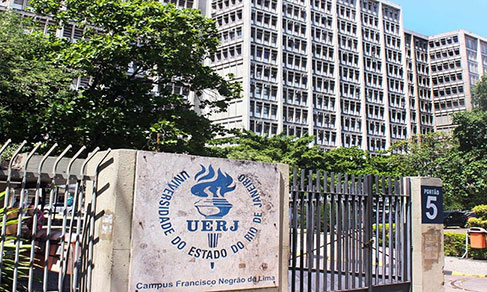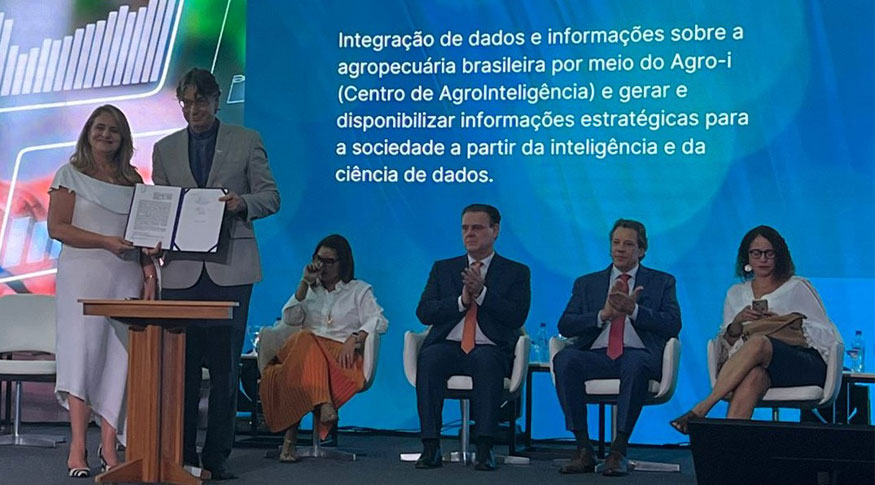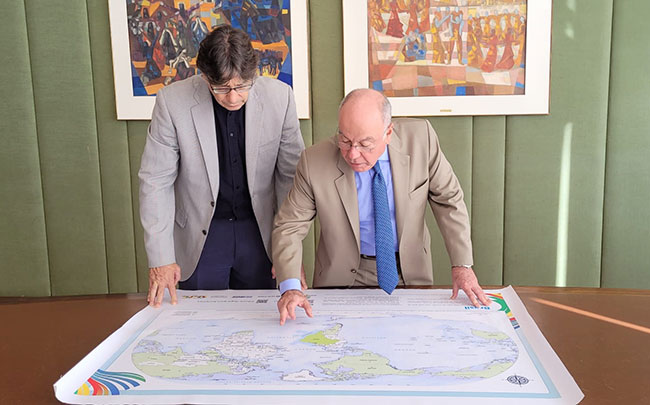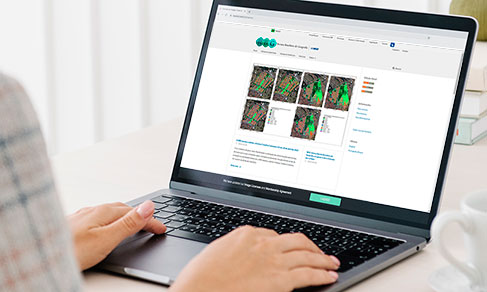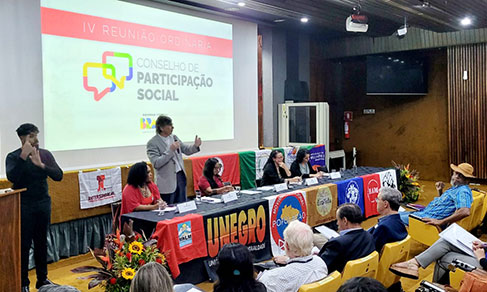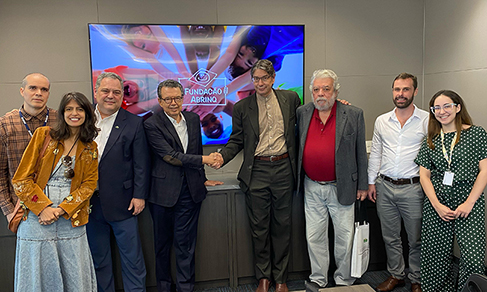IBGE and Abrinq meet for the first time to discuss future cooperation agreement
April 22, 2024 02h47 PM | Last Updated: April 23, 2024 02h46 AM
Highlights
- IBGE and Abrinq discuss proposals for a future technical cooperation agreement.
- One of the topics dealt with was the concern for youths who do not work of study and how that can affect the workforce and the development of Brazil in coming decades.

The Brazilian Institute of Geography and Statistics (IBGE) and Abrinq Foundation for the Rights of Children and Adolescents (Abrinq) met last Friday (19) at the Abrinq’s office, in São Paulo (SP) to discuss possibilities of mutual cooperation for a future technical agreement. Participants in the meeting were Marcio Pochmann, president of the IBGE, Dalea Antunes, analyst, Thiago Teles, technician, and Victor Graça, Abrinq’s superintendent, Rubens Naves, counselor, João Pedro Sholl Cintra, analyst for data and social indicators and Giovanna Kanayama, analyst for institutional affairs.
In his talk, Pochmann mentioned how concerned the IBGE is about new generations. “Workforce in 50 years’ time will be formed by those who have already been born; for this reason, the Institute is engaged in finding out the reasons of youth’s lack of interest in working or studying and how we can help Brazil solve this problem”. Pochmann highlighted that he has recently discussed the issue with universities. “I see there has been growing preoccupation by the universities in this respect. Why is that happening? Do youths lack interest in higher education? Are they more attracted to other learning models? We have to conduct new surveys and try to understand what youngsters think.”

The counselor for Abrinq, Rubens Naves, briefly presented the work of the foundation that promotes the rights of children and adolescents. “One of our objectives is to connect children and civil society entities, in order to grant many children in the country access to education, art and culture. A flagship of our foundation is the project Prefeito Amigo da Criança (Child-Friendly Mayor), aiming at a dialogue with municipal governments in the fields of education, health and security,” states Rubens Naves, explains their expectation is to have the engagement of youngsters who are neither working or studying. “I hope that, together with the IBGE, we can work this out, because these young people will be of great importance to the growth and the future of Brazil.”
Dalea Antunes spoke about the National Survey of School Health (Pense), which has more than 100 questions, covering topics such as bullying, for instance. “The data from this survey can help us understand school dropout, for example. The topics in many IBGE surveys have a convergence with our interests at Abrinq,” she said. “Also, Census results on sector data and geographic coordinates indicating where daycare centers and schools are located can facilitate the participation of society and of the government in the educational field.

Marcio Pochmann closed the meeting by reinforcing IBGE’s commitment to a regular dialogue, aimed at the elaboration of a term of reference highlighting important aspects of a future agreement. “This is a unique moment, of profound changes in our country’s demography, an aging population, and a reduction of workforce. Therefore, our cooperative work has to consider these issues with great concern so that we can suggest solutions to guarantee the future and the growth of four country.”











